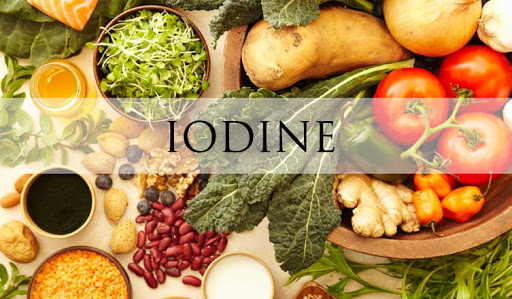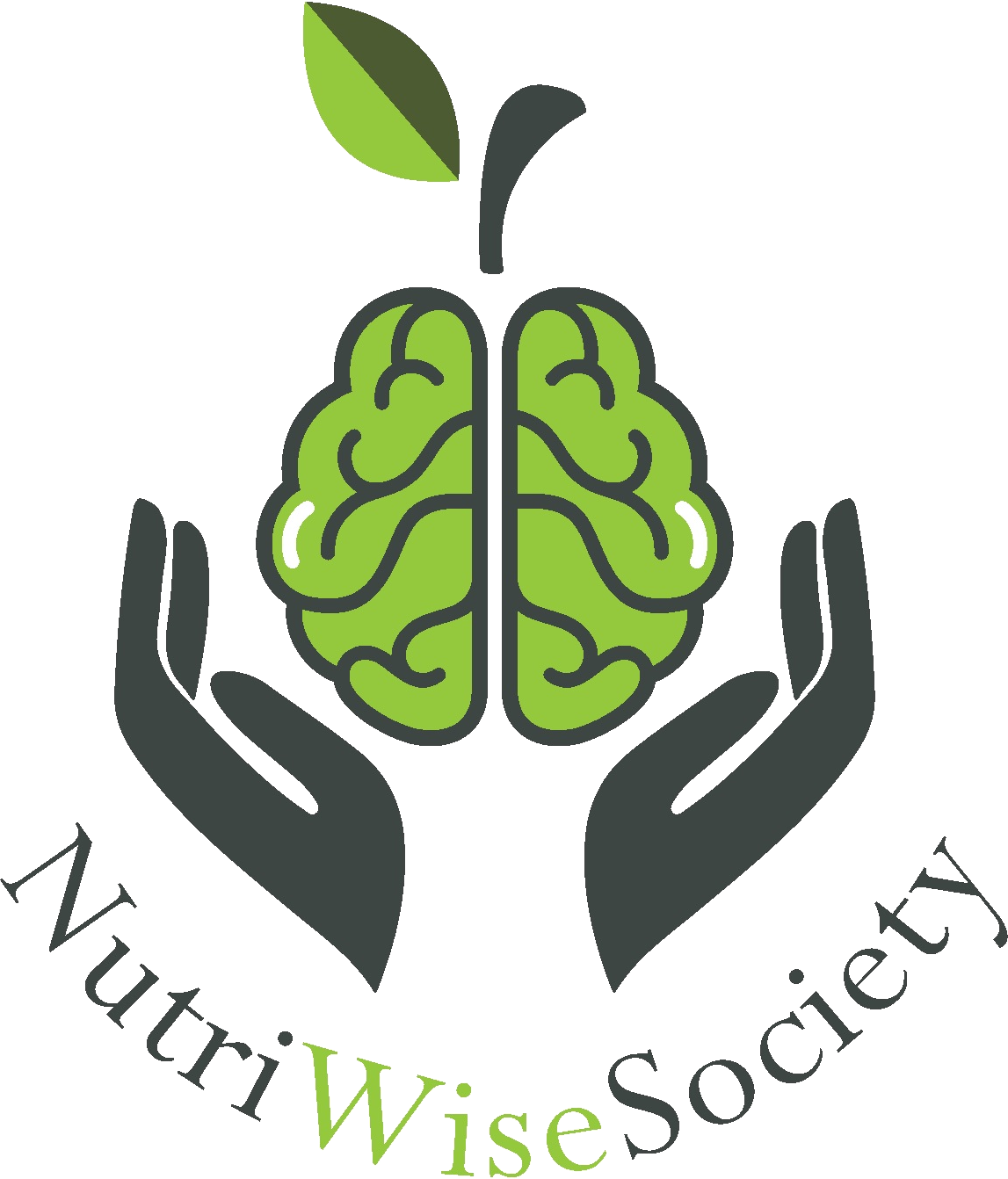Articles

Iodine
Iodine is a trace element essential for the human body, which can be obtained naturally through food or dietary supplements.
Uses of Iodine:
The body uses iodine to produce thyroid hormones (thyroxine and triiodothyronine), which:
- Regulate calorie-burning rate
- Control heart rate speed
- Maintain body temperature
- Affect digestive movement speed
- Control muscle contractions
- Regulate dead cell replacement
- Support mental and nervous development during pregnancy and breastfeeding
- Help regulate metabolism in fetuses
- Aid in children's growth
Daily Iodine Requirements
| Age Group | Males (µg) | Females (µg) | Pregnant (µg) | Breastfeeding (µg) |
|---|---|---|---|---|
| Birth-6 months | 110 | 110 | - | - |
| 7-12 months | 130 | 130 | - | - |
| 1-8 years | 90 | 90 | - | - |
| 9-13 years | 120 | 120 | - | - |
| 14+ years | 150 | 150 | 220 | 290 |
Key Sources of Iodine
| Group | Examples |
|---|---|
| Proteins | Seafood, chicken, eggs, beans, soybeans, meat, cottage cheese |
| Dairy | Milk, yogurt |
| Vegetables & Fruits | Corn, green peas, prunes |
| Grains | Rice, pasta, bread, oats, iodine-fortified flour |
| Other Sources | Iodized salt |
Iodine Deficiency
Iodine deficiency can lead to various symptoms:
- In pregnant women, it may significantly affect the physical and mental growth of the fetus.
- Goiter and hypothyroidism.
- Unexplained weight gain.
- Fatigue and weakness.
- Hair loss.
- Increased sensitivity to cold.
- Irregular heart rate.
- Irregular menstrual cycles in women.
- Learning and memory difficulties.
People at Higher Risk of Iodine Deficiency:
- Pregnant women.
- Those consuming high amounts of goitrogenic foods (e.g., broccoli, cabbage, spinach).
- People using non-iodized salt.
- Those following a vegan diet.
Iodine Toxicity
Excessive iodine intake above the daily limit (often from supplements) can also cause symptoms:
- Hyperthyroidism.
- Unexplained weight loss.
- Increased body temperature.
- Irregular heart rate.
- Mouth and throat irritation.
- Diarrhea.
Upper Daily Iodine Limits
| Age Group | Upper Limit (µg) |
|---|---|
| Birth-12 months | Unknown |
| 1-3 years | 200 |
| 4-8 years | 300 |
| 9-13 years | 600 |
| 14-18 years | 900 |
| 19+ years | 1,000 |
Interactions with Medications
Iodine supplements may interact with certain medications, such as:
- Hyperthyroidism treatments.
- Hypertension medications.
- Potassium-sparing diuretics
References:
- www.ods.od.nih.gov/factsheets/Iodine-Consumer/
- Ershow, A.G.; Skeaff, S.A.; Merkel, J.M.; Pehrsson, P.R. Development of Databases on Iodine in Foods and Dietary Supplements. Nutrients2018, 10, 100
- Pehrsson, P. R., Patterson, K. Y., Spungen, J. H., Wirtz, M. S., Andrews, K. W., Dwyer, J. T., & Swanson, C. A. (2016). Iodine in food- and dietary supplement-composition databases. The American journal of clinical nutrition, 104 Suppl 3(Suppl 3), 868S–76S. doi:10.3945/ajcn.115.110064
